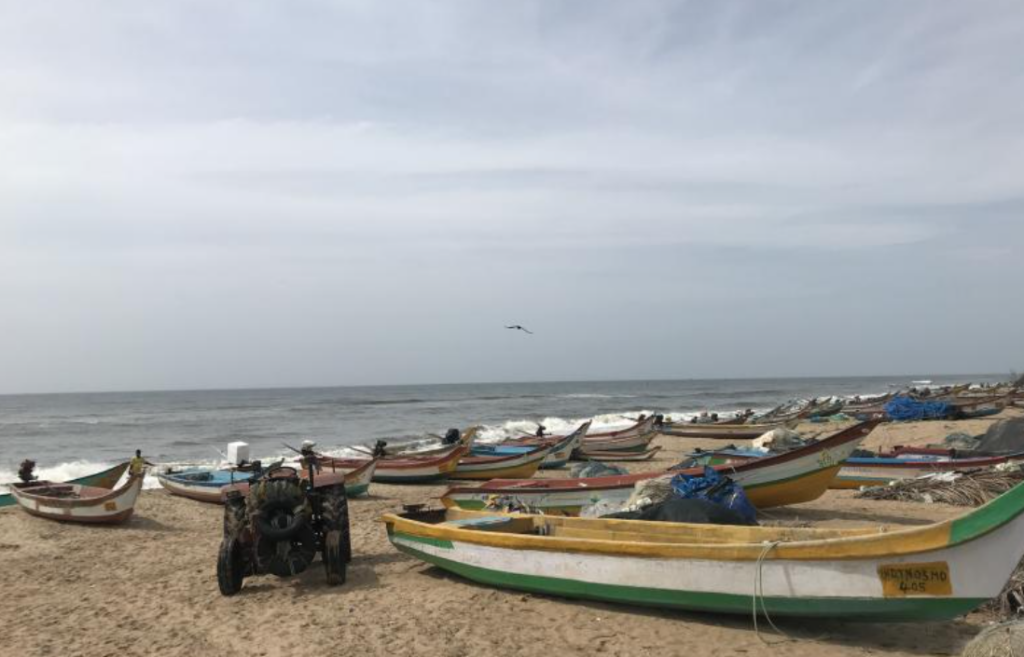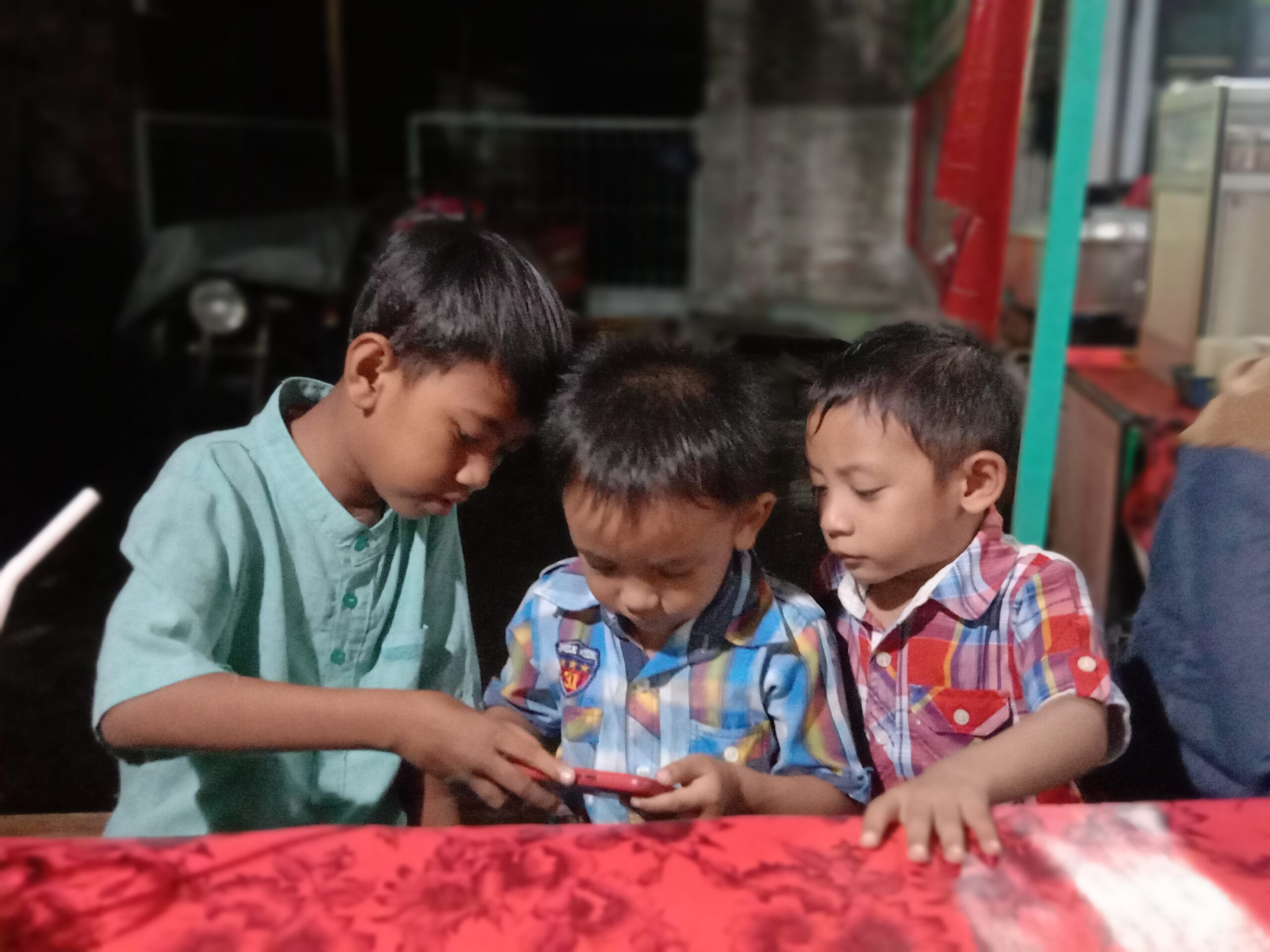Source >>>
Published on 19 Jan 2022

7 March 2022, 11:59 PM, (UTC -11) (Extended Deadline) info.ejn [at] internews.org
Apply Now
EJN is offering reporting grants to journalists worldwide to support the production of in-depth stories that will call attention to coastal resiliency and solutions for coastal issues.
Please read the following sections carefully, as they contain important information on eligibility and the application process.
This application is available in Spanish, Portuguese, French and Bahasa Indonesia at the bottom of the page.
Overview
Communities living in coastal regions face existential risks due to climate change. Currently, around 40% of the world’s population lives within 100 kilometers of a coast, putting them on the frontlines of climate change’s worst impacts. By 2050, the world’s 136 largest coastal cities could face damages of between $1.6 to $3.2 trillion from sea level rise alone without adaptation. Even worse, many of them could be partially underwater. The latest IPCC report underscored what communities living on the edge between land and sea have long known: Without deep cuts to emissions, their prospects are “dismal.”
Yet, communities and policymakers in coastal areas lack access to information about solutions to build resilience to climate change. Media and other information providers in coastal areas need resources in order to communicate complicated climate change information about coastal issues effectively. Trusted, clear, timely and actionable information is needed to address vulnerabilities associated with climate change and to support building resilience.
To fill this gap, EJN is offering 15 story grants with support from the Kingfisher Foundation to journalists to cover coastal resilience in their communities. These journalists will receive support from journalist mentors and a coastal resilience expert to increase media coverage of this critical issue in their region.
Story Themes
We welcome any story ideas that will explore coastal resilience issues, including ecosystem rehabilitation, livelihood and food security, shelter and infrastructure, land use and development, managed retreat and more. We are particularly interested in cross-border collaborations and stories that explore similar efforts and shared solutions (including living shorelines, reef and island restoration and more) across regions.
Proposals that focus on topics or stories that have not been widely covered are preferred. Issues that have already received a lot of media coverage or don’t provide unique angles to environmental challenges are less likely to be selected.
Eligibility
Applicants can be from any country in the world; applicants from coastal countries reporting on their home communities are preferred.
Groups of journalists are eligible, particularly from different countries seeking to produce a cross-border project. However, the application must be made in the name of one lead applicant. Lead applicants are responsible for communicating with EJN and receiving funds on the group’s behalf, if awarded. Groups of journalists looking to produce cross-border stories will be favorably viewed by the judging panel.
For the purposes of this grant opportunity, we will only be accepting applications in English, Spanish, French, Bahasa Indonesia and Portuguese. Unfortunately, we do not have the capacity to consider applications in other languages at this time. Applicants must either have a working understanding of English or have a translator available to assist with communication with Internews staff.
Applications are open to journalists working in any medium (online, print, television, radio) and other expert media practitioners with professional reporting experience and a history of covering environmental issues. We encourage applications from freelance reporters and staff from all types of media organizations – international, national, local and community-based.
EJN reserves the right to disqualify applicants from consideration if they have been found to have engaged in unethical or improper professional conduct.
Story approach & format
We expect to award 15 grants in total, with an average budget of $1,000. Generally speaking, applications with smaller budgets will be more competitive, but we will consider larger grant amounts for stories using innovative, collaborative or investigative approaches that may be more costly and time-consuming.
We plan to issue grants in March with the expectation that all stories will be published by the end of October at the latest. Applicants should consider this timeline when drafting their workplan.
All applicants are required to provide a detailed budget with justification for the amount requested using the template provided. We are asking you to consider what you’ll need to do this type of reporting. We do ask that the budgets be reasonable and account for costs necessary for reporting, such as travel and accommodation. We expect that stories will be produced with equipment applicants already have access to (including cameras, drones, lighting, tripods, etc.) and prefer budgets that do not include a large amount of equipment.
We encourage reporters to follow best practices for Covid-19 when out in the field so you do not endanger yourself or the people you’re interviewing. If needed, you should include any Covid-related costs, such as tests or personal protective equipment, in your budget.
Stories can be produced in any language. However, applicants who intend to write or produce stories in their local language need to also include an English translation. Please include the cost for translation in the budget, if necessary.
Those who are awarded grants are free to publish or broadcast their stories first in their affiliated media as long as EJN and the grant funder, The Kingfisher Foundation, are also given rights to edit, publish, broadcast and distribute them freely. Freelance reporters should demonstrate a plan for publication or broadcast, and all applicants are strongly encouraged to provide a letter of support from an editor explicitly stating that the editor’s outlet will publish the stories produced as a result of this grant.
Judging criteria
Applicants should consider the following points when devising their story proposals.
- Relevance: Does the proposal meet the criteria and objectives of the call? Why does this story matter and to whom? Is the main idea, context and overall value to the target audience clearly defined?
- Angle: If the story has been covered, does your proposal bring new insights to the topic or offer a fresh angle?
- Impact: Does the proposal have a compelling narrative or investigative element that will inform and engage, draw attention, trigger debate and urge action?
- Innovative storytelling: The use of creative approaches, multimedia and data visualization will be considered a plus.
Application process
- Click the ‘Apply now’ button at the top of the page.
- If you have an existing account, you’ll need to log in. Since we recently updated our website, you might have to reset your password by clicking the “Forgot password?” link in the log in page. If you don’t have an account, you must register by clicking “Log in with Auth0” on the top right of the page and click the “Sign up” link at the bottom of the page that opens. Click here for detailed instructions on how to create an account, and here for detailed instructions on how to reset your password.
- If you start the application and want to come back and complete it later, you can click ‘Save Draft.’ To return to the draft, you’ll need to go back to the opportunity and click ‘Apply now’ again to finalise the application.
- Applications should provide a detailed budget with justification for the amount requested. Download the budget template now by clicking on this link. We expect that proposals will largely reflect what equipment the applicant already has access to (including cameras, drones, lighting, tripods, etc.) and will not consider budgets that heavily focus on procuring new supplies. We will consider some costs for the reporters’ salary, particularly if the applicant is a freelancer, but this should be a small portion of the total budget. Please include the cost for translation, if necessary. Please also note on your budget form if you are receiving funding from any other donors for the story.
- You must submit two samples of stories or links to relevant work. You’ll be asked to upload these once you start the application process so please get them ready beforehand.
If you encounter difficulties with submitting your application or have questions about the grants, please email info.ejn@internews.org. Do not contact any other Internews email regarding this opportunity, as we will not receive it.
Applications submitted after the deadline will not be considered.
Banner image: A beach near Puducherry in eastern India that has been severely affected by coastal erosion / Credit: Nidhi Jamwal.

